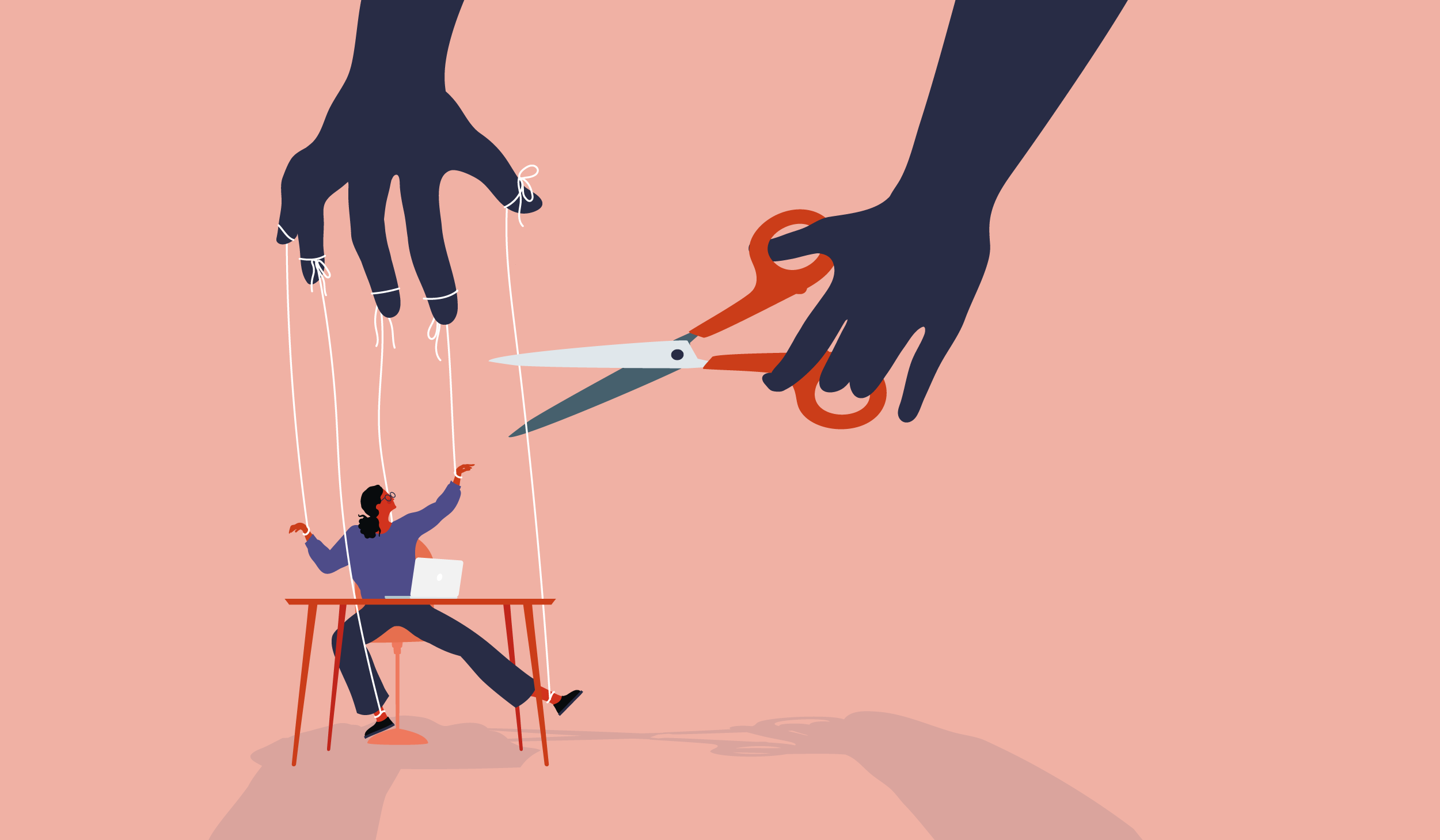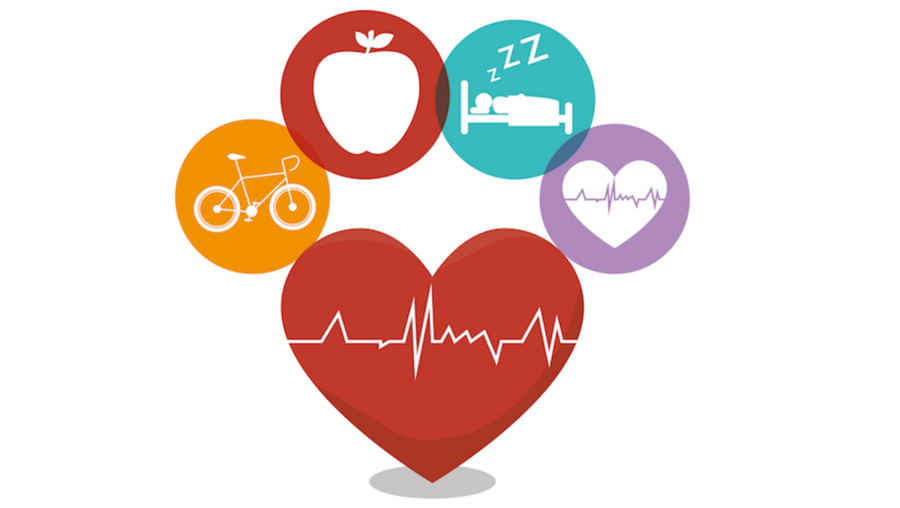
According to research, on average a human mind makes 35,000 decisions per day. That’s 583 decisions per hour! This does not give us a lot of time to make each decision. To put it very simply, we have only three choices, yes, no, or to defer the decision. There are also lots of variations in our current society – too hard, too busy, too poor, too much on, too many things on the list, not enough time, too many series to watch on tv, too much to scroll, too much of everything – but the decision! We simply accept not doing anything about it and keep thinking about doing it over and over again rather than making something happen. Even deferring a decision until a point when we can make a decision is better; at least we won’t be thinking about doing it.
We know that humans are physically incapable of multitasking. This
does not mean, driving while talking on the phone; rather the ability to
think two totally different thoughts at once. If we have a deep thought
in our brains, we cannot think about anything else. So it is important
to use this space wisely and try and control our thought process. What
we think about makes and shapes us – there have been countless books
written on this subject. I think that thought is easier to think about
when you look at it as your brain space, something that has a finite
space. It’s too precious to waste it on procrastination, fill it with
uselessness on TV, or waste it on social media. It is important to use
brain space on precisely what we need to use it on. This is not to say
we shouldn’t enjoy downtime on TV, we simply need to prioritise the
important tasks before leisurely tasks.
This is what makes achievers stand out from non-achievers. The
successful population of this world are more disciplined at making
decisions. More consistent in choosing the tasks that are more
effective. They are better at saying yes, no, or delaying making a
decision until such point that they have enough information to make the
decision. Deferring a decision does not mean you keep deferring it
because you don’t feel like doing it, that’s called procrastination.
Deferring decisions means you set a time, date, and place to make a
decision. Deferring a decision over and over makes us think about the
same thing over and over, taking up vital brain space that could be used
on other meaningful thoughts. Mulling over things for too long and
avoiding decision making keeps things on our mind and we never end up
making peace with it. Taking the step and making up our minds quicker
will give us clarity quicker and make us even better decision makers. It
will also make us feel better.
Making a decision with conviction, helps us make space for other
thoughts. Of course some decisions will require more thought than
others, so it is important to consider how much space a particular
thought deserves in our mind space. The larger the impact, the more time
should be spent thinking about it, but if the impact is low, we should
make the decision quickly and move on. With experience and time it will
make us better decision makers. We must accept that sometimes we will
make the wrong decision, this is okay, we just need to alter and evolve
the process to not make the same mistake again. Making poor decisions is
better than procrastinating and holding up decisions because it helps
us learn from the bad ones, than to never learn at all. Thomas Edison
failed on the light bulb more than 1000 times (allegedly in many books).
Richard Branson has failed in more businesses than been successful.
Many others like them have a similar story. If they procrastinated over
making decisions, they wouldn’t have got to their decisions. They
wouldn’t have known how to get to what works and what is a waste of time
(and brain space).
The primary difference between leaders and non-leaders is their ability to control their brain space with precisely what needs to be in it. If we can improve our ability to control (and clear out) the compartments in our brain, we will have a better chance at making decisions quicker, and in time, the right decision more often. It is too often that we think about things for far longer than we have to. A decision making process needs to be embedded to ensure we spend less time procrastinating. If we can make the decision on the spot great, if not, set a definite deadline to make that decision and make it. Allow yourself enough time for each thought and not rush things but not slow things down . Make decision-making procrastination history.






